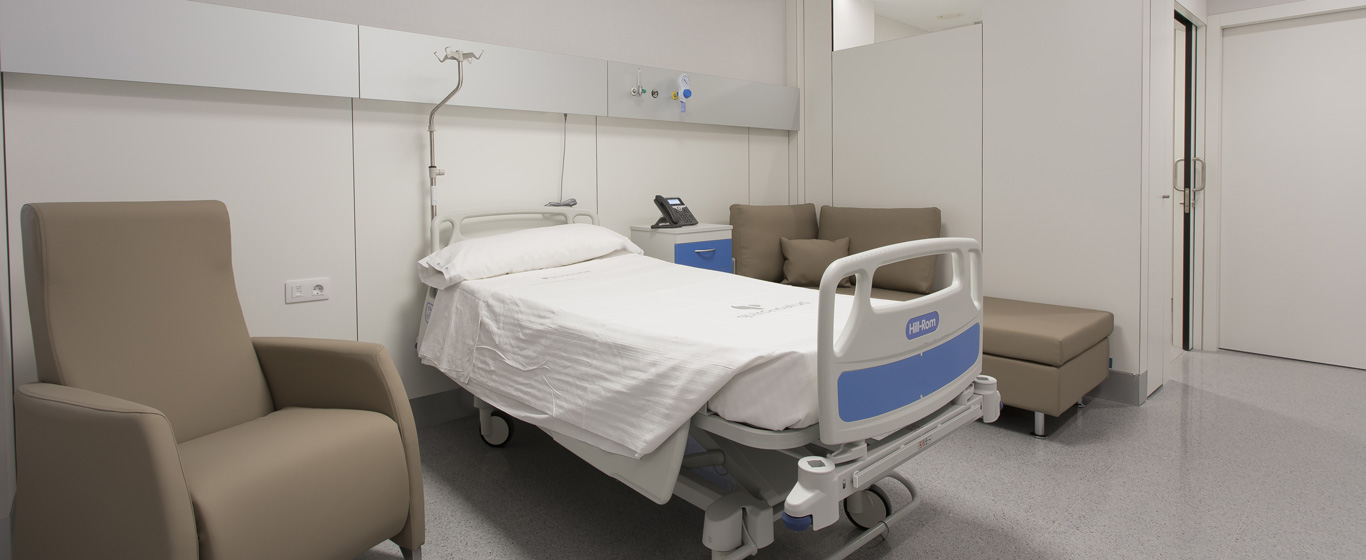Mumps
Everything about the causes, symptoms, and treatment of parotid gland inflammation.
Symptoms and Causes
Mumps is an infectious disease caused by the paramyxovirus, which enters the body through the respiratory tract. Once inside, it can spread through the bloodstream to various tissues, though it most commonly affects the parotid glands, responsible for producing saliva. The hallmark symptom of the disease is inflammation of these glands, hence the medical name parotitis.
The incubation period of mumps ranges from two to three weeks after exposure to the virus. Transmission can occur even before the onset of symptoms. Infection spreads from person to person through respiratory droplets released while talking, coughing, or sneezing, as well as by direct contact with saliva.
The incidence of parotitis in Spain has been minimal since the introduction of the mumps vaccine into the national immunization schedule in 1981. Additionally, cyclical outbreaks in young adults were controlled from 1999 onwards, when vaccines containing the Rubini strain were discontinued due to low efficacy.
Symptoms
The most characteristic symptoms of mumps include:
- Fever.
- Headache.
- General discomfort.
- Fatigue.
- Loss of appetite.
- Swelling of the parotid glands, located on both sides of the face, in front of the ears. This swelling typically appears several days after the onset of the initial symptoms—often mistaken for common flu—and usually lasts five to seven days.
Causes
Parotitis is caused by infection with the paramyxovirus, transmitted through respiratory droplets or direct contact with saliva from an infected person.
Risk Factors
The risk of contracting mumps increases under the following circumstances:
- Lack of vaccination.
- Close contact with an infected person.
- Prolonged exposure to others in crowded environments such as daycare centers, schools, or universities.
- Healthcare personnel in frequent contact with patients.
Complications
Complications from parotitis are uncommon, but in some cases the infection may lead to:
- Meningitis (inflammation of the meninges).
- Encephalitis (inflammation of the brain).
- Orchitis (inflammation of the testes).
- Epididymitis (inflammation of the epididymis, the tube where sperm are stored).
- Nephritis (inflammation of the kidneys).
- Oophoritis (inflammation of the ovaries).
- Myocarditis (inflammation of the heart muscle).
- Arthritis (inflammation of the joints).
Special attention should be given to adolescent males with mumps to detect or treat orchitis or epididymitis early, as these complications may be associated with infertility. However, there is no evidence that oophoritis causes infertility in women.
Prevention
Mumps prevention is achieved through vaccination with strains Jeryl-Lynn and RIT 4385, both of proven efficacy. In Spain, the MMR vaccine (measles, mumps, and rubella) is administered at 12 months of age and again at 3–4 years.
Unvaccinated adults should receive two doses, spaced four weeks apart. Those who have already received one dose only require one additional dose.
Vaccination against mumps is not recommended for immunocompromised individuals or pregnant women.
Which Specialist Treats Mumps?
Mumps is generally diagnosed and managed by pediatricians, as it most commonly affects children and adolescents. In adults, the disease is treated by a general practitioner.
Diagnosis
The diagnosis of mumps is primarily clinical, as the disease presents with very distinctive symptoms. The physician evaluates the clinical presentation and examines and palpates the parotid glands to assess their condition.
If necessary, a blood test may be performed to detect the presence of the virus or antibodies that indicate an active immune response against infection.
t
Because parotitis is a viral infection, there is no specific antiviral treatment; the disease typically resolves spontaneously. Analgesics and antipyretics can help relieve symptoms. It is also advisable to drink plenty of fluids and consume soft foods to minimize pain during chewing.


































































































